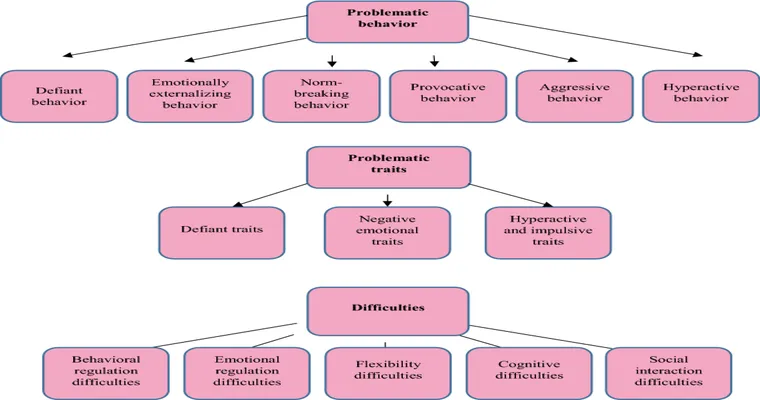Dealing with a "senior" who "repeats" the same things can be a challenging situation for caregivers and family members. It can be frustrating to hear the same stories or questions multiple times, but understanding the reasons behind this behavior is crucial. Repetition can stem from various factors, including cognitive decline, memory issues, or simply the need for comfort and connection. In this article, we will explore effective strategies and tips on how to handle this situation with patience and empathy.
Understanding the Reasons for Repetition
Repetition in seniors can be a natural part of aging. Many seniors experience "memory loss", which may lead them to forget that they have already shared a particular thought or story. Conditions such as "Alzheimer's disease" or other forms of "dementia" can exacerbate this behavior. Additionally, some seniors may repeat themselves as a way to seek attention or reassurance. Recognizing these underlying causes is the first step towards effectively managing the situation.
Patience is Key
When a senior repeats themselves, it is essential to remain calm and patient. Responding with frustration can create unnecessary tension and distress for both you and the senior. Instead, try to listen attentively and acknowledge their feelings. Offering a gentle smile and validating their experience can help them feel heard and understood, which may reduce the frequency of their repetitions.
Redirecting the Conversation
If you find that the senior is repeating themselves frequently, consider gently redirecting the conversation. Ask open-ended questions that encourage them to share different stories or thoughts. For example, if they start telling a familiar story, you might say, "That reminds me of another time when…" This can help shift their focus and may lead to new discussions while still allowing them to feel engaged.
Keeping a Journal
Maintaining a journal can be a helpful tool for both you and the senior. By jotting down the stories they share, you can revisit these memories together. This practice not only provides the senior with a sense of continuity but also helps you understand the themes and topics that are significant to them. In turn, this can reduce the likelihood of repetitive conversations as you can reference past discussions.
Encourage Social Interaction
Encouraging the senior to engage in social activities can provide them with new experiences and topics to discuss. Whether it’s participating in a local community group, joining a class, or spending time with family and friends, social interactions can stimulate their mind and reduce the tendency to repeat old stories. Additionally, these social settings offer opportunities for the senior to connect with others, which can be immensely fulfilling.
Seek Professional Guidance
If the repetition becomes overwhelming or seems to indicate a deeper cognitive issue, it may be beneficial to seek professional advice. Consulting with a healthcare provider or a specialist in geriatric care can provide insights into the senior's behavior. They may recommend therapy, activities, or medications to help manage cognitive decline and improve communication.
Conclusion
Handling a senior who frequently "repeats" themselves can be a complex challenge, but with patience, understanding, and effective strategies, you can create a more harmonious environment. Remember to approach the situation with empathy, seek ways to engage them in new conversations, and consider professional support when necessary. By doing so, you not only enhance the quality of life for the senior but also strengthen your relationship with them.





